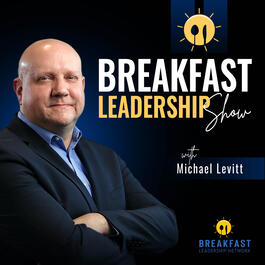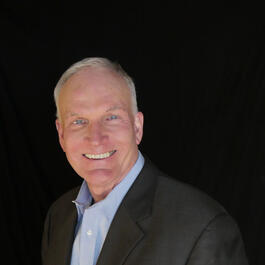
Doug Noll on De-escalation, Emotional Intelligence, and the Power of Listening
De-escalation, Emotional Intelligence, and the Power of Listening Affect Labeling for Emotional Regulation Doug introduced a counterintuitive but highly effective method for managing emotions called affect labeling. By quieting the mind and directly naming emotions with simple “you” statements, he explained how it’s possible to calm emotional escalation in as little as 90–120 seconds. I found this approach fascinating, especially since it activates the brain’s right ventrolateral prefrontal cortex to downshift the amygdala. Doug emphasized that affect labeling can be used not only to regulate your own emotions but also to help others in the middle of tense conversations. Violence Prevention in Prisons Doug shared remarkable stories from his work teaching violence prevention to lifers in maximum security prisons. Over 800 graduates of his program have been released on parole in California without a single reoffense. I couldn’t help but admire the impact of this initiative. Imagine how much stronger our communities and families could be if these emotional regulation skills were taught broadly in society. Doug and I agreed: teaching these tools early in life could help prevent conflicts and foster emotional maturity. De-escalating Conflict Through Listening We also explored why anger and polarization seem to be on the rise in today’s world. Doug explained that much of it stems from people feeling unheard. When individuals don’t feel validated, they often resort to anger or rudeness. He described how even on social media, simply labeling emotions can de-escalate heated conversations. I wholeheartedly agreed — if more people practiced this skill, we’d see far more harmony in society. Calm Conversations with Polarized Individuals Doug walked us through a framework for having constructive conversations with people holding strongly different political or personal beliefs. The method involves asking four questions: what life experiences shaped their beliefs, how those beliefs support their daily life, how they handle differing beliefs, and how they think society should be organized. Rather than trying to persuade or argue, Doug emphasized listening and validating emotions. I see this as a game-changer for building understanding, even in tense family gatherings or divided communities. De-escalation and Emotional Intelligence in Leadership Finally, Doug and I discussed the role of de-escalation skills in leadership. Emotional intelligence and active listening are powerful tools for creating psychological safety and transforming difficult conversations. Doug even shared his free online course on dealing with anger and aggression, available through LinkedIn or by email. It’s a valuable resource for anyone looking to strengthen their leadership and communication skills. Website: https://dougnoll.com/ LinkedIn: https://www.linkedin.com/in/dougnoll/ DM "Breakfast25" to get the resources Doug mentioned during the show.
From "Breakfast Leadership Show"




Comments
Add comment Feedback